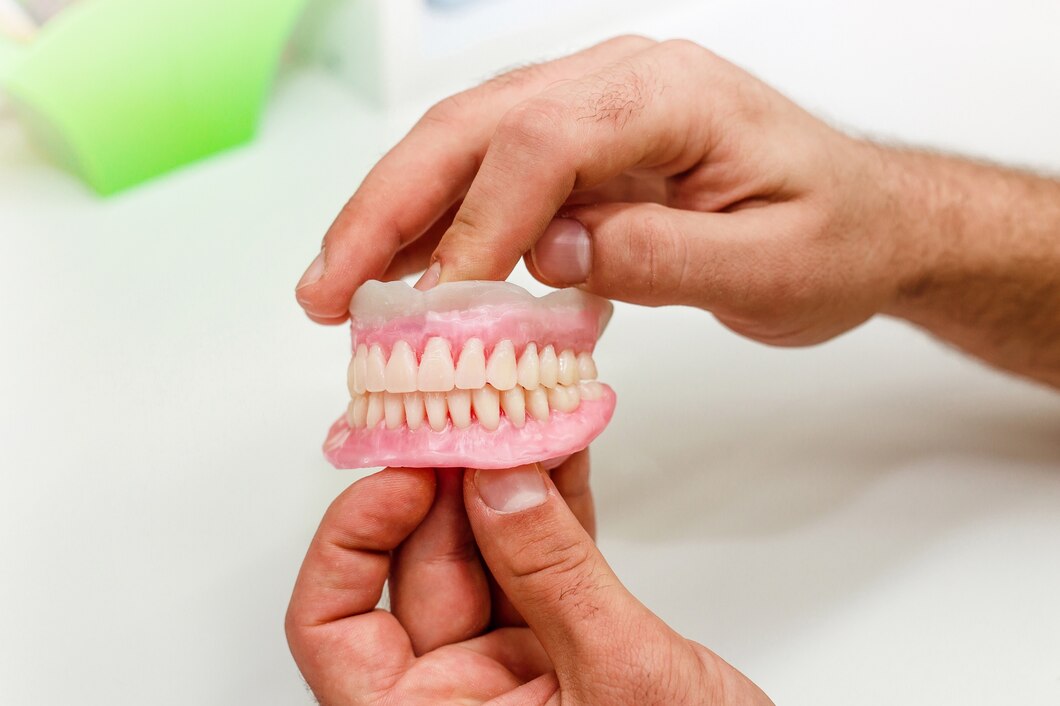Dentures are a very helpful solution for replacing missing teeth, whether for functional or aesthetic reasons. However, like any other device, dentures have a certain lifespan. It is not uncommon for denture users to overlook signs that their dentures need to be replaced, which can lead to more serious oral health problems. Understanding when to replace dentures is essential to remain comfortable and healthy.
One of the main signs that dentures need to be replaced is discomfort when wearing them. Over time, the gums and jawbone can change shape due to the loss of natural teeth, causing dentures to become loose or ill-fitting. This discomfort is often accompanied by gum irritation or sores in the mouth. If you experience this, consulting with a dentist to evaluate your dentures' condition is highly recommended.
In addition, discoloration or damage to the denture material is also an indication that replacement is needed. Dentures that start to look dull, cracked, or worn reduce aesthetics and affect chewing function. Damaged materials can pose risks, such as parts of the denture coming loose while eating or speaking, which can be dangerous if swallowed.
Impaired chewing function is another important reason to replace dentures. If you find it difficult to chew food that was previously easy to consume, it may indicate that the structure of your dentures is no longer optimal. The inability to chew food properly can affect nutritional intake and overall health.
Dentists generally recommend regular denture check-ups, even if there are no complaints. These check-ups can help detect problems early and ensure that your dentures are still in good condition. Ideally, dentures should be replaced every five to eight years, depending on the user's condition and the materials used.
Replacing dentures on time is about comfort and maintaining oral health and quality of life. Do not hesitate to consult with a dentist if you notice any changes in your dentures. With proper care and attention, dentures can continue to be a reliable solution for your needs.
Proper denture maintenance helps maintain oral health, which is an important part of overall health. Regularly replacing dentures and paying attention to the materials' quality supports responsible production practices. This avoids using materials that can harm the environment, such as non-biodegradable materials and encourages using more sustainable technologies. This supports the Sustainable Development Goals (SDGs), specifically Goal 3: Good Health and Well-being and Goal 12: Responsible Consumption and Production.
Author: Rizky B. Hendrawan | Photo: Freepik

